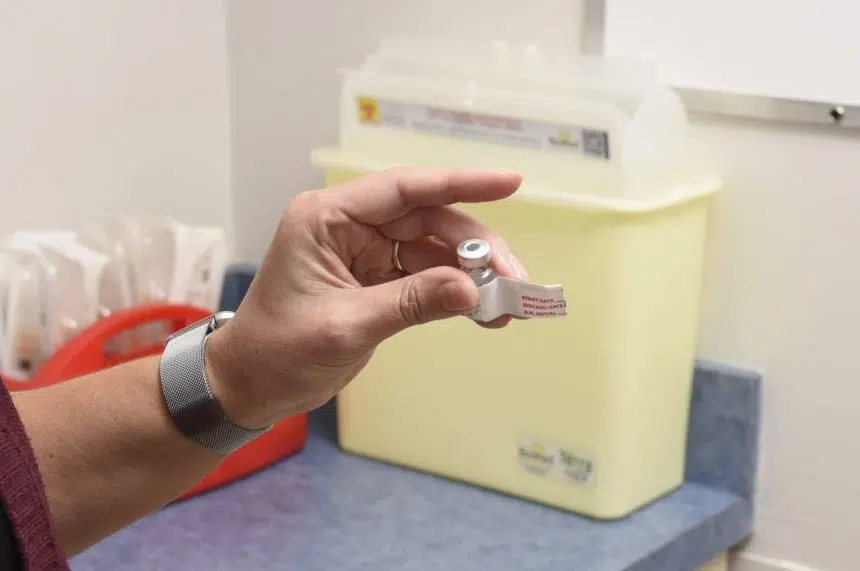Originally, September was supposed to be the month when kids under the age of 12 were to be able to get vaccinated against COVID-19.
That timeline has shifted, according to the University of Saskatchewan’s Dr. Joseph Blondeau, thanks to a shift in a major study to see the effectiveness in children.
“That’s still an unknown at this point in time. The trials on children started in March of this year,” he explained, before stating the U.S. Food and Drug Administration asked in late July for an increase in the number of kids for the study.
“(The change was asked for) in order to determine if there were any rare side effects that may not be detected with a smaller data set. This has delayed, obviously, the completion of the trial data that would ultimately be submitted.”
Blondeau is the head of clinical microbiology at Royal University Hospital, as well as the provincial lead for clinical microbiology with the Saskatchewan Health Authority.
He said the data is expected to be completed as early as October. Expert groups are also asking for expedited review and approval, with hopes for children’s vaccinations being done by the end of 2021.
Blondeau said a large reason for the changes is because researchers are looking into finding the correct dosage for the children, depending on their ages. Another is making sure the sample size of the results determines the vaccine’s efficacy and its safety.
When the kids are able to get their shots, their impact will be significant, according to Blondeau.
“Immunization within this population will serve two points. One is it will serve to get the overall percentage of the eligible population even higher and then reduce the likelihood that children become important reservoirs for transmission of this virus,” he said.











